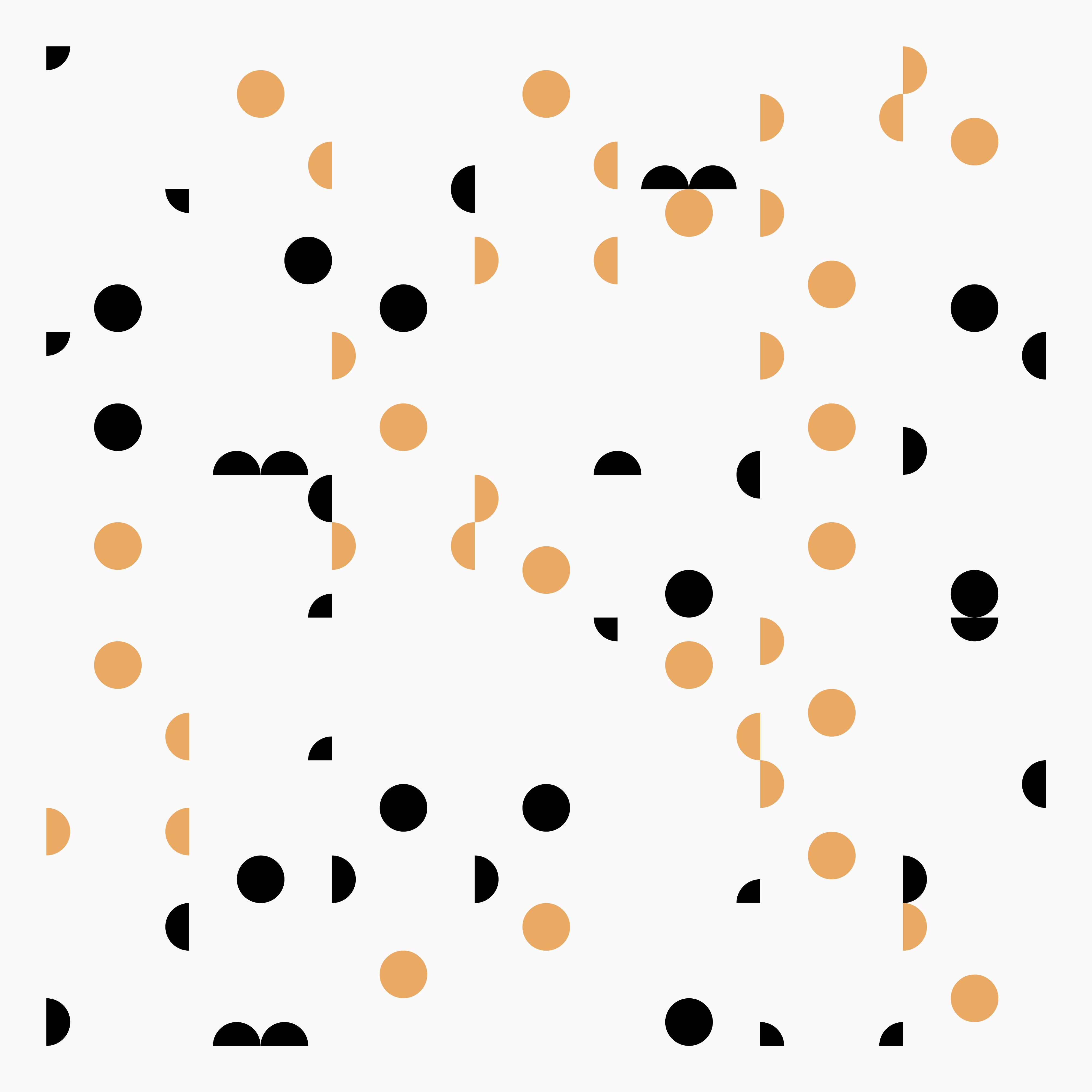The combination of modular synthesiser and viola is an uncommon one, but Jeremiah Chiu & Marta Sofia Honer manage to create a distinctive dyad that comes together with grace and truth. They’ve accomplished this by bringing much more than their respective axes to the table. Years of collaboration, co-habitation, shared experience, and separate but equally inspired commitments to utilitarian cultural work bind the disparate timbres together into a singular aesthetic reality. The two artists met, appropriately, as members of a large ensemble performing Terry Riley’s ‘In C’ for an annual concert organised by Bitchin Bajas at Chicago modern music hub Constellation.
Honer & Chiu had been living and working in Chicago for a long time, both active members of the notoriously interconnected improvisational and experimental music scenes, but they were somehow not previously introduced. Chiu’s musical CV to that point included work with bands like Icy Demons and Chandeliers, but he was mostly known for his visual and graphic design work as Some All None. Honer had primarily worked as an instructor in Chicago, as well as a member of the ensemble Quartet Datura. In 2014, a year after their first collaboration, together, they decided to migrate to Los Angeles to continue developing their respective careers and crafts in sunnier climes. Relocation to L os Angeles has proven to be fruitful for both artists. Honer has since become a first-call session player for the likes of Adrian Younge and Beyoncé. She’s also played on recordings by Chloe x Halle, Angel Olsen, Fleet Foxes, and Stanley Clarke, among others, including five recordings with Grammy nominations. Along with her session work, Honer is on the music faculty at California State University. Chiu has expanded his visual work in numerous capacities, in addition to becoming an active intersectional community organiser, and refocusing his musical practice to electronic music composition and sound art. He’s an Assistant Professor at Otis College of Art & Design; has exhibited/performed at The Getty Center, LACMA, and other distinguished locales; has become a resident programmer for Dublab; and has generated a strong unit of regular musical collaborators that includes Celia Hollander, Booker Stardrum, Ben Babbitt, Dustin Wong, Takako Minekawa, and Sam Prekop.
‘Leaving Grass Mountain’ is the first piece we collaboratively composed following several months of live performances. The composition pulls from several in-studio improvisations that were recorded and developed further. The title refers to the Yangmingshan National Park in Taiwan which was originally called Grass Mountain. As the story goes: officials during this period were worried about thieves stealing sulfur from the rich deposits in the area, so they would regularly set fire to the mountain. Thus, only grass and no trees could be seen. In many ways, the notion of leaving something as is, versus trying to control something, frames our approach to composing music from improvised parts. There’s a balance between improvisation and composition – a sort of automatic composition – that we are interested in exploring. It should sound human, even if we're working with electronic instruments.
Listening is this wonderful practice of focus, attention, and time. For me, longform or extended sonic works allow my attention to experience time in different ways – new temporal experiences – which are, of course, a spectrum of experiences. If we could experience a plant growing in human-time, it would certainly change things. Jeremiah Chiu


